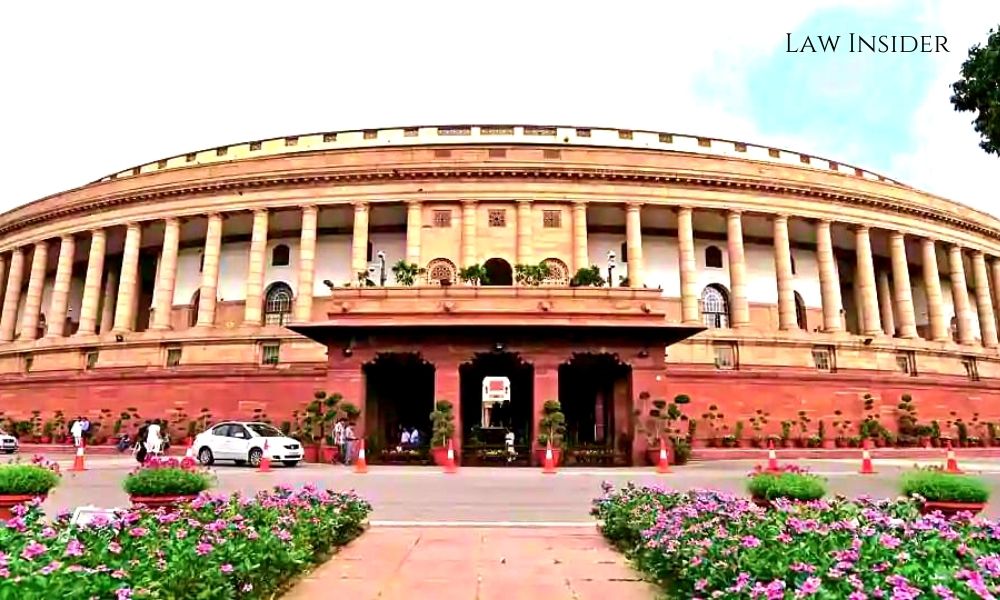LI Network
Published on: December 18, 2023 at 18:30 IST
The Lok Sabha approved the Post Office Bill, 2023, marking the end of the 125-year-old Indian Post Office Act of 1898.
This legislative overhaul, initiated in the Rajya Sabha during the Monsoon Session on August 10, underwent thorough debates and critiques on issues related to privacy and governmental powers.
The bill successfully navigated both houses of Parliament, securing approval from the Rajya Sabha on December 4, culminating in its passage on Monday (December 18) in the Lok Sabha.
While Praised as a move to modernize the regulatory framework governing India Post, the legislation has triggered apprehensions and criticisms, particularly concerning the interception of mail.
Section 9 of the bill empowers the central government to authorize officers to intercept, open, or detain mail on grounds related to national security, friendly relations with foreign states, public order, emergencies, public safety, or contravention of the law.
Critics, including Congress MP Shashi Tharoor, raised concerns over potential violations of fundamental rights, such as the right to freedom of speech and expression, and the right to privacy, recognized as part of the fundamental right to life under Article 21 of the Constitution.
Tharoor emphasized the disparity between the bill’s treatment of India Post and the stringent accountability standards applied to private courier companies under the Consumer Protection Act. Section 10 absolves India Post, governed by the central government, from liability for service lapses, except for liabilities explicitly prescribed by the government.
This provision raised concerns about potential conflicts of interest and the absence of specified procedural safeguards for interception.
Prior to the crucial vote, Minister of State for Communications Devusinh Jesingbhai Chauhan defended Sections 9 and 10, citing ‘national interest’ and ‘public safety.’
The Post Office Bill introduces structural changes, replacing the outdated Indian Post Office Act of 1898, which granted exclusive privileges to the central government over conveying letters.
The new legislation shifts towards a citizen-centric service network, enabling India Post to offer services as per Rules, overseen by the Director General of Postal Services.

